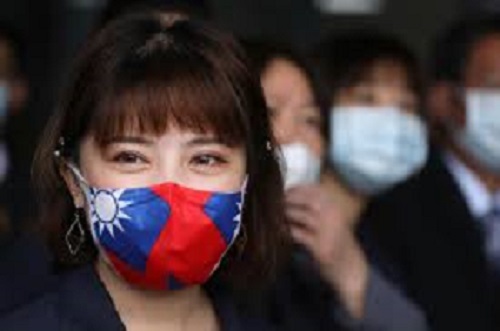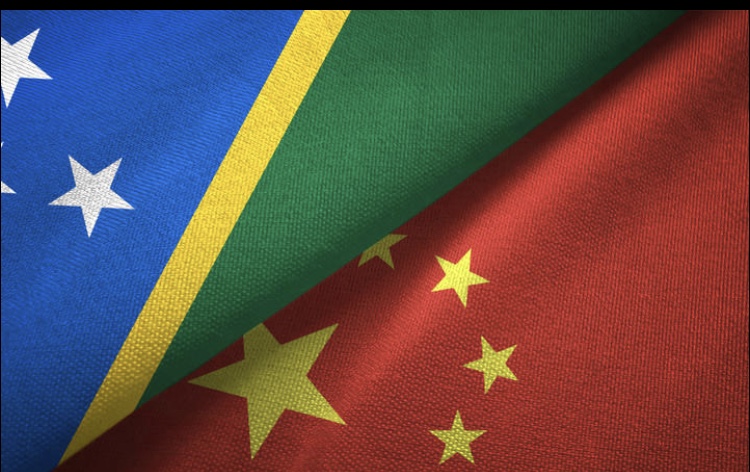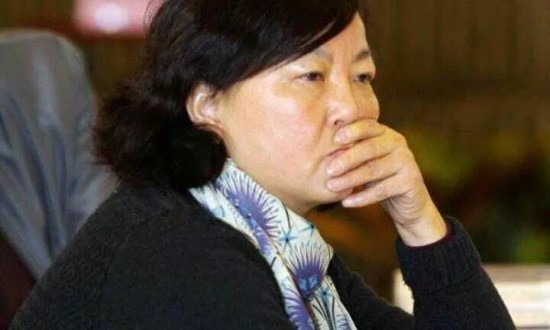Sanjana Krishnan, Research Intern, ICS

The world today is full of uncertainty due to the outbreak of COVID-19. While the rest of the world is still in the grip of COVID-19, one small island, namely Taiwan has been successful in flattening the curve. This was made possible by the proactive measures it took immediately after the first news of the outbreak emerged from China. In a way, Taiwan was already in a state of readiness after the outbreak of SARS in 2003. It was able to respond quickly by integrating the working of various ministries and employing advanced technologies to achieve good results. It implemented measures such as on-board quarantine, 14-day home quarantine, health declarations, fever screening and so on. The travel details of people are stored in their National Health Insurance cards to alert the concerned authority about any spread of the virus by using the GPS technology. This has helped in curbing individual and community spread.
Taiwan, a self-ruled island that has been denied entry into the World Health Organisation (WHO), is not only setting an example to the world by the way it has handled its internal situation but also through its help to other states by exporting medical equipment, especially medical grade masks. The territory is now the second largest producer of masks after China. According to its Economic Affairs Minister, Sheng Jong-chin (沈榮津), Taiwan produces 15 million masks every day. In March, it had relaxed the ban on export of face masks and in April, shipped PPE and masks to its diplomatic allies and the worst hit countries in Europe. Taiwan also announced that it would donate 10 million masks to the most needy countries and 100,000 masks per week to the United States. It has also promised to share its electronic quarantine system that employs big data analytics.
These measures helped raise considerably the profile of this self-governed island but, in turn, has attracted Beijing’s anger. Even as Taiwan received praise from various parts of the world for its effective measures and the help extended, China termed these a political game played by Taiwan to gain admission into the W.H.O and the acceptance of the world community. This accusation was made while also pointing out that Taiwan had banned its mask export when China was in its most vulnerable state with respect to the Corona virus outbreak.
China considers Taiwan a part of its sovereign territory, awaiting reunification even by force, if necessary. Today, there are only a handful of nations in Central America and the Oceanic region, that recognise Taiwan. Taiwan has even been kept out of most of the international organisations such as the United Nations, W.H.O and so on. The island is in a geo-political absurdity owing to the fact that even its most important ally, the US does not recognise its status as an independent state, its territory is under constant threat as it is claimed by a powerful state such as China and its sovereign status slowly erodes with both states and MNCs withdrawing their engagement with it due to the threat of upsetting China. In this context, the latest engagement of Taiwan holds significance.
The world is now forced to recognise the advanced healthcare and technological capability of Taiwan. The helping hand extended by the island definitely aids the improvement of its image globally. It has made Canadian Prime Minister Justin Trudeau, Japanese Prime Minister Shinzo Abe and U.S Secretary of State, Mike Pompeo call for greater inclusion of Taiwan in the work of the W.H.O. This move however, is sure to be blocked by China even though it marks a departure in spirit from the 2009 arrangement that China had agreed to for Taiwan’s participation at the annual World Health Assembly from 2009 to 2016 as an Observer. There has been a change since then. Taiwan has rejected China’s main condition for the former to be a part of the W.H.O, i.e, to accept that it is a part of Mainland China in May this year.
Taiwan today faces an opportunity to strengthen ties with other states and improve its international standing. Beijing has sought to strengthen its relations with Europe by sending them medical equipment. However, this has not meant necessarily that member countries of the E.U. have succumbed to Chinese pressure on Taiwan. Many of these states have accepted help from the island and openly acknowledged this help through Twitter.
Both China and Taiwan have been able to curb the first wave of the virus. But what brings praise to Taiwan is the fact that they did it without any support from W.H.O. Taiwan also shared COVID-19 related data with W.H.O. Although China is trying to bring in a narrative of it being helpful to the world, reports of suppression of news of its early outbreak from the media as well as export of faulty equipment has adversely affected these efforts. This has in turn been a supplementary factor in improving Taiwan’s image. While both China and Taiwan engaged in mask diplomacy, Taiwan has had more apparent and immediate success. Thus, exporting medical equipment, especially masks, has also become a tool of political expression.
Taiwan’s mask diplomacy has chances of increasing the support it gets from other states. The important question here is, how long this support will last and how far it will extend. Supporting Taiwan means directly going against Chinese interests. While such support may appear today as a necessity, this cannot last for long. States often behave differently under normal conditions and under emergencies. The common determinant here is national interest. While it might be in the national interest to accept Taiwan’s help and show acceptance towards it, it might not appear so in the future when such a policy will mean locking horns with a formidable power such as China. As the world gathers more knowledge and experience in handling the pandemic, its dependence on Taiwan will decrease. In international relations, there are no permanent friends or permanent enemies. There are only permanent national interests. Some alliances last only as long as some issues do. Therefore, the effect of ‘mask diplomacy’ by Taiwan may last only as long as the pandemic lasts.

